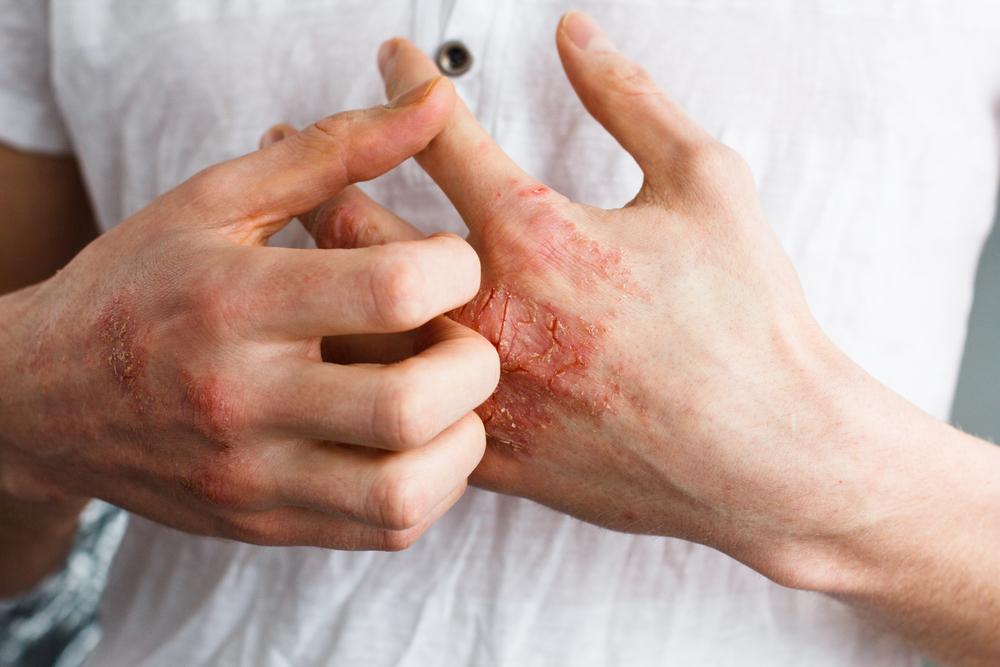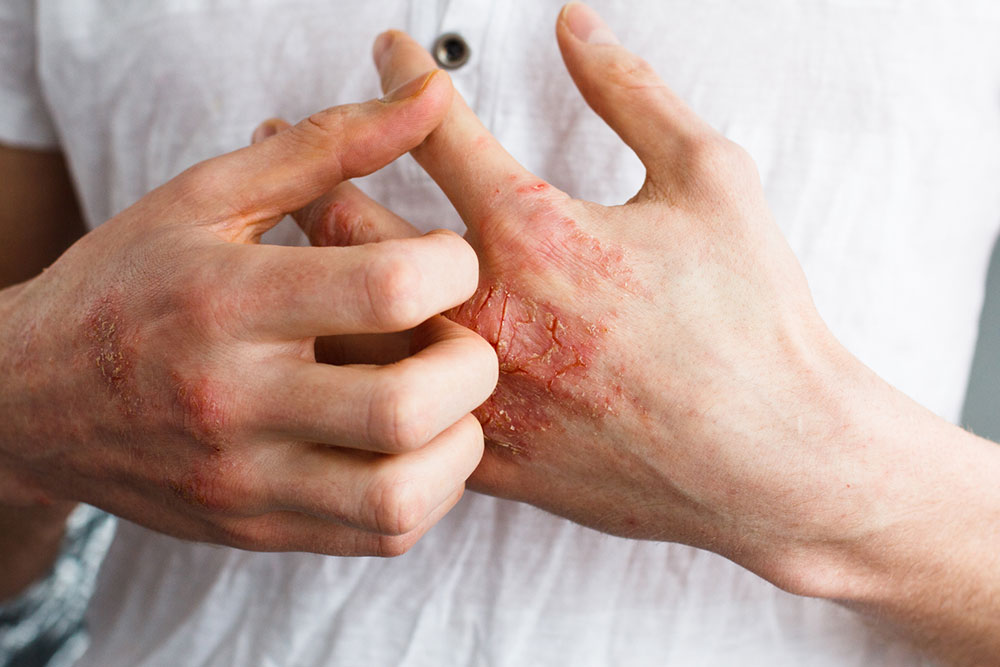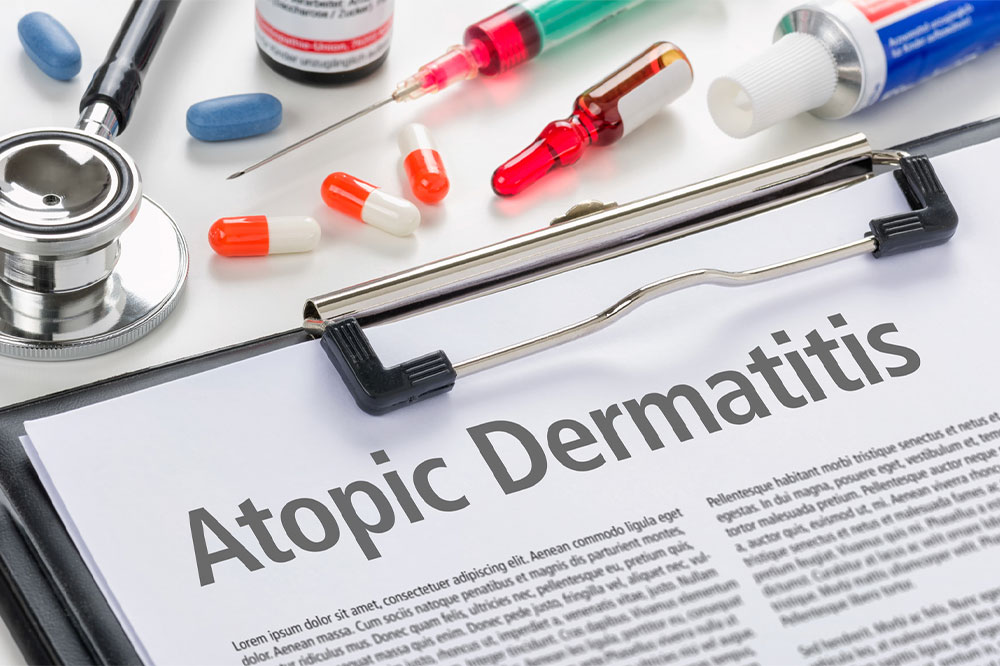Comprehensive Guide to Effectively Managing Eczema Symptoms
Eczema, a common chronic skin condition characterized by dryness, itching, and redness, requires a comprehensive management approach. This guide covers effective medical treatments, home remedies, and lifestyle changes to help control flare-ups and improve skin health. Early detection and personalized dermatologist consultations are vital for optimal management. Using emollients, topical medications, and adjusting environmental factors can significantly reduce symptoms. Advanced therapies like UV light may be necessary for severe cases. Combining these strategies helps patients achieve better symptom control and enhance their quality of life through effective eczema management.

Comprehensive Guide to Effectively Managing Eczema Symptoms
Eczema, medically known as atopic dermatitis, presents itself as intensely itchy, dry, and flaky skin, often accompanied by redness and irritation. This chronic skin condition affects millions worldwide, causing discomfort and affecting quality of life. Eczema typically involves episodes of flare-ups followed by periods of remission, making management complex. Although a definitive cure remains unavailable due to its multifactorial nature, effective symptom control is possible through a combination of medical treatment, lifestyle modifications, and homecare strategies.
Understanding eczema's underlying causes is essential for developing a tailored management plan. It is believed that genetics, immune system dysregulation, environmental triggers, and skin barrier defects play crucial roles. While ongoing research continually seeks better treatments, current approaches focus on reducing inflammation, maintaining skin hydration, and avoiding triggers that can worsen flare-ups.
Early identification of eczema symptoms can significantly improve outcomes. Recognizing initial signs such as dry patches, intense itching, redness, or small bumps helps in prompt intervention, thereby preventing more severe outbreaks. Consulting a dermatologist enables personalized treatment plans, which often include topical medications, lifestyle advice, and home remedies designed to soothe affected skin.
Key Strategies and Home Remedies for Managing Eczema
Regular Moisturization with Suitable Products: Using emollients that contain ingredients like ceramides, glycerin, or petrolatum helps restore the skin's barrier, prevent moisture loss, and reduce flare-ups. Consistent application—at least twice daily—is vital, especially after bathing.
Use of Specialized Topical Treatments: Medications prescribed by healthcare providers, such as corticosteroid creams or calcineurin inhibitors, effectively reduce inflammation and itching during flare-ups. It's essential to follow prescribed usage to minimize side effects.
Incorporating Menthol or Camphor in Lotions: Products containing these cooling agents can provide soothing relief from itching and discomfort. Daily application during active symptoms can help control inflammation and improve comfort.
Optimal Bathing Habits: Short, lukewarm showers help preserve skin moisture and reduce irritation. Adding colloidal oatmeal or bath oils can further soothe inflamed skin. Avoid hot water and harsh soaps, which can strip away natural oils and exacerbate dryness.
Environmental and Lifestyle Modifications: Maintaining a cool, humid environment and avoiding known triggers such as harsh detergents, certain fabrics, allergens, or stress can minimize flare-ups. Wearing soft, breathable clothing and avoiding wool or synthetic materials can prevent skin irritation.
Advanced Treatments and When to Seek Medical Help
For persistent, severe eczema cases, dermatologists might recommend advanced therapies like ultraviolet (UV) light therapy, which can effectively diminish skin inflammation and redness. These treatments work by modulating immune responses within the skin and are often used when topical therapies are insufficient.
Additionally, antihistamines may be prescribed to reduce intense itching and improve sleep quality, although they can cause drowsiness. In some cases, systemic medications or biologic agents are considered for severe, resistant eczema.
Preventative measures are equally important. Identifying and avoiding personal triggers—such as allergens, irritants, or stress—is key to minimizing flare-ups. Regular dermatological consultations are essential for monitoring disease progression and adjusting treatment plans accordingly.
Holistic Approach to Eczema Management
An effective eczema management strategy combines medical treatments, lifestyle modifications, and home remedies. Educating oneself on trigger avoidance and skin care routines can empower patients to take control of their condition, significantly enhancing quality of life. Eczema can be a persistent challenge, but with comprehensive care, many individuals find relief and improved skin health.





